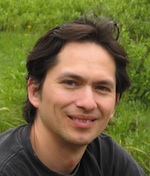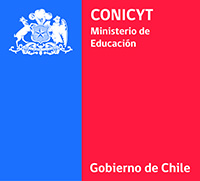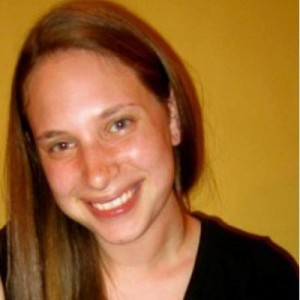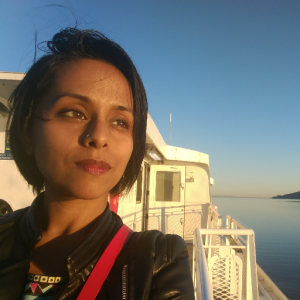Summer Course in Population Genomics
Summer course in Population Genomics 2017
January 3 to 7
Programa de Genética Humana, ICBM
Facultad de Medicina, Universidad de Chile
Topics
This course will cover topics and methods necessary for the analysis of modern genomic data. It will combine theoretical understanding with a focus on practical applications in population and medical genetics. We will introduce commonly used software for demographic inference, go through guided computational exercises on genomic datasets, and have coding demonstrations. We will focus on methods appropriate for data from recently admixed populations.
Target public: Graduate students, postdocs and faculty in genetics
Language: English
Program of the course: Preliminary_program.pdf
Invited Instructors
Responsible Instructor
| Ricardo Verdugo, PhD.
Programa de Genética Humana, ICBM |
 |
Target Audience
- Graduate students, enrolled Program in Genetics or related field. Exceptions may be made for exceptional undergraduate students who justify admission in their letter of intent.
- Faculty
- Postdocs
Requirements to enroll
- Advanced level of English listening. However, assignments can be written in Spanish. Students can ask questions in Spanish. Submit your English certificates with your applications. If none available, submit a letter from your mentor/supervisor giving support for your application and certifying that your level of English will allow you to adequately follow the lectures.
- A letter of intent. The letter must be written in English, in a formal format, and it must state why you should be accepted in the course (state your academic merits) and how attending the course will affect your career or academic development.
- Updated CV. This must indicate the degrees obtained, publications, presentations at scientific meetings, work experience, and any other information that you deem relevant. CV can be written in English or Spanish.
Registration
Interested applicants who fulfill the above requirements must send an email as follows:
To: Ricardo Verdugo <raverdugo@u.uchile.cl>
Subject: Application for Short Course in PopGen
Attachments: Letter of intent, English certificates, any other relevant documents as attachments that will help to assess your potential as a student. For instance, recommendations letters, course transcripts (certificados de notas). PDF format is preferred.
Note: Students in the Doctoral Program in Sciences from Universidad de Chile must submit a letter from the director of their program stating that are allowed to take the course.
Admission
- Free for U-Chile students
- Free for students, postdocs and faculty from member laboratories of U-Genoma
- CLP 80.000 everyone else
Application deadline
Dec 14th 2016
Sponsors
 |
Grant U-Redes 2016, VID, U-Chile |
 |
Grant CONICYT USA2013-0015: “Genomic investigation of the human biodiversity in the pre-Columbian and contemporary Chilean Patagonia.” |
Frequently asked questions
- No soy estudiante de la Universidad de Chile. ¿Puedo postular a una beca?
- R: Sí es posible dado que nuestro principal objetivo es llegar a la mayor cantidad de estudiantes posibles Sin embargo, el que podamos hacerlo dependerá de cuántos estudiantes de la U. de Chile postulen. Instamos a todos los interesados en postular y que argumenten en su carta de motivación porqué deberían ser aceptados y justifiquen porqué requieren de una beca.


